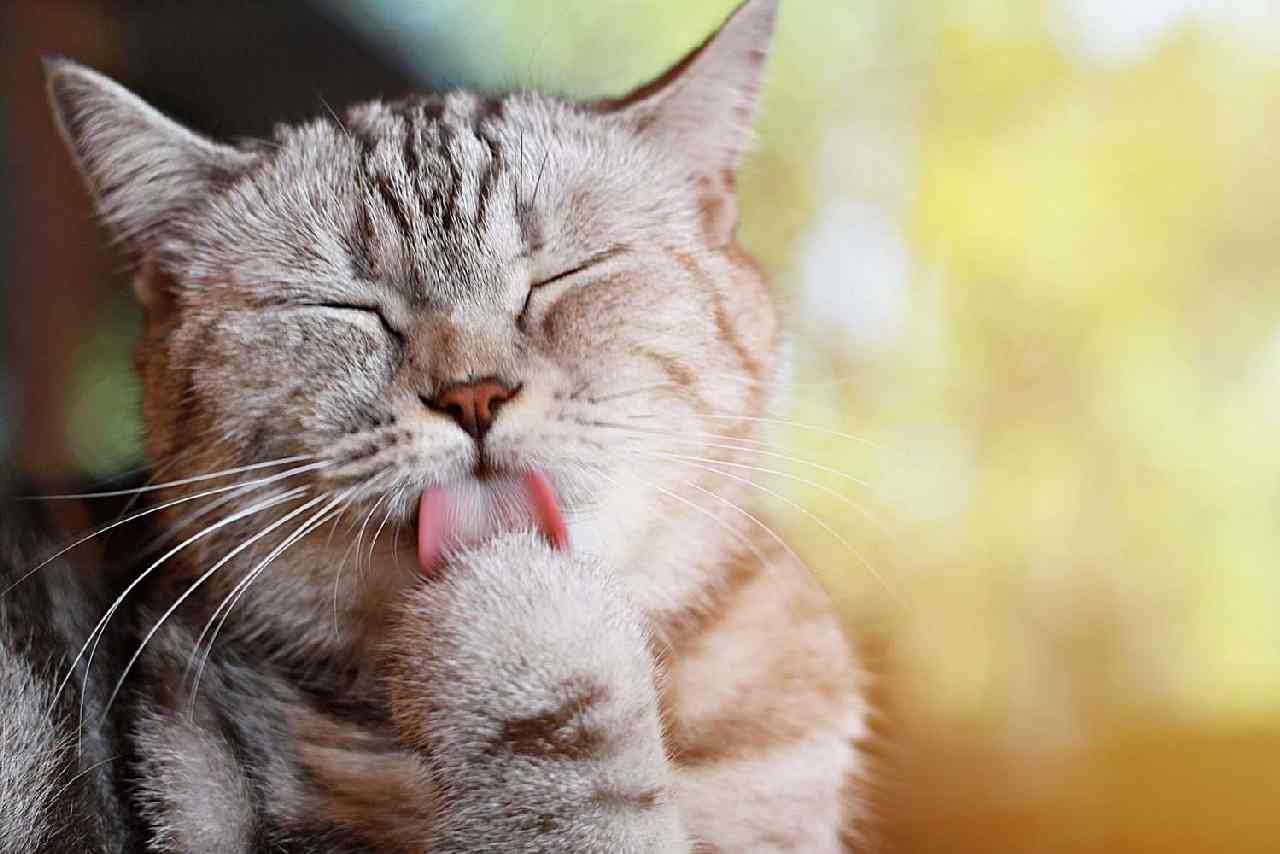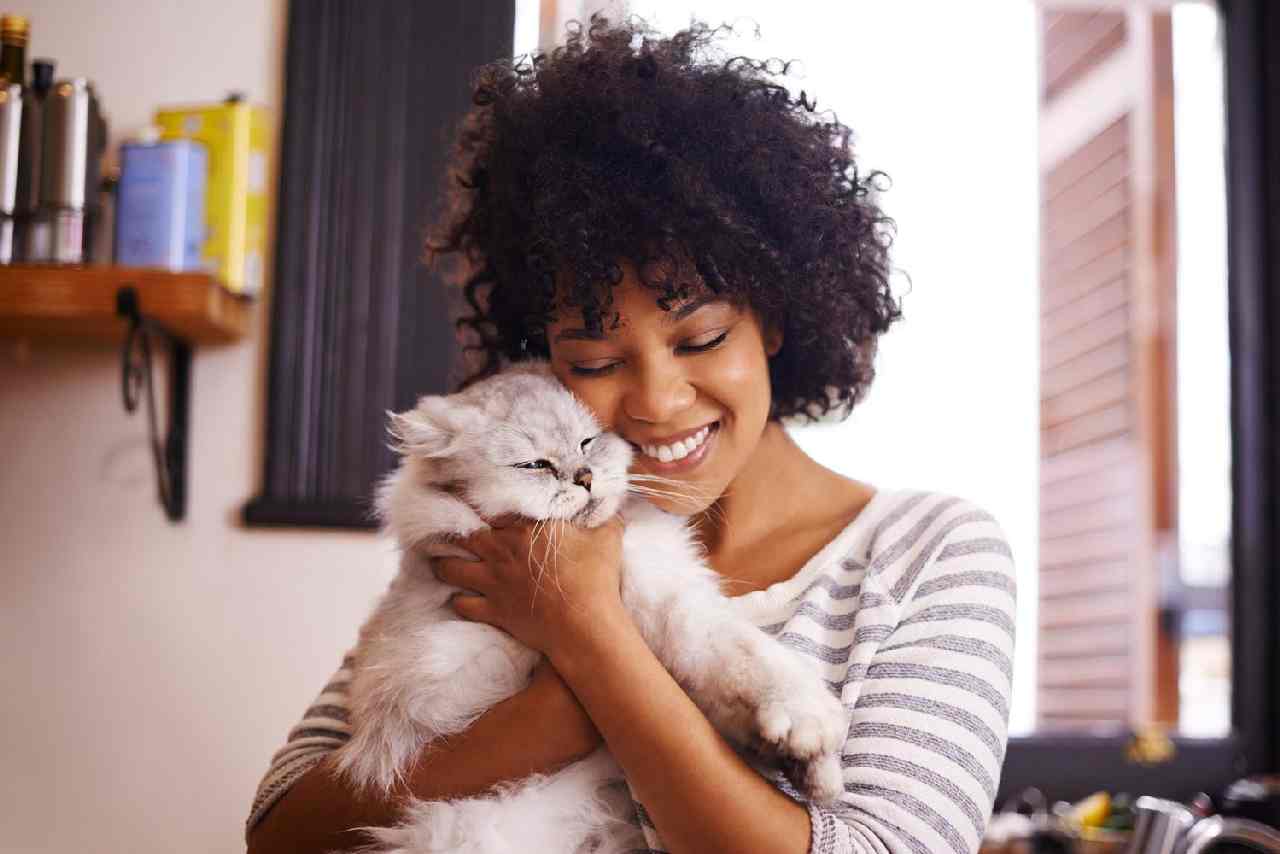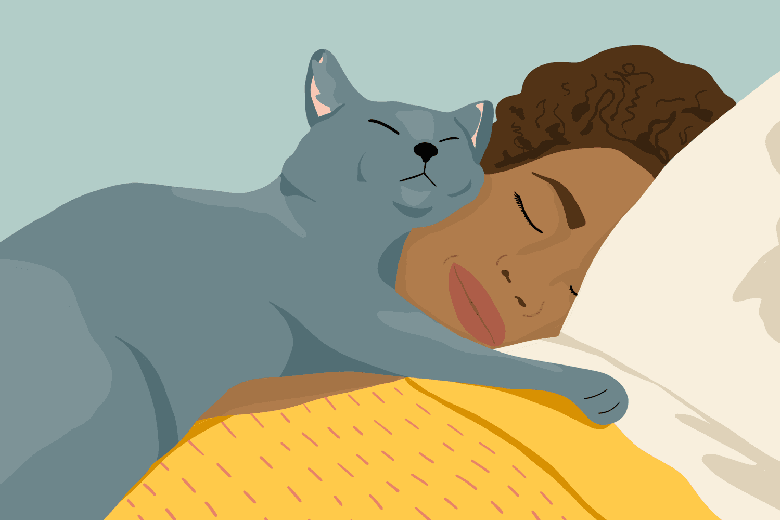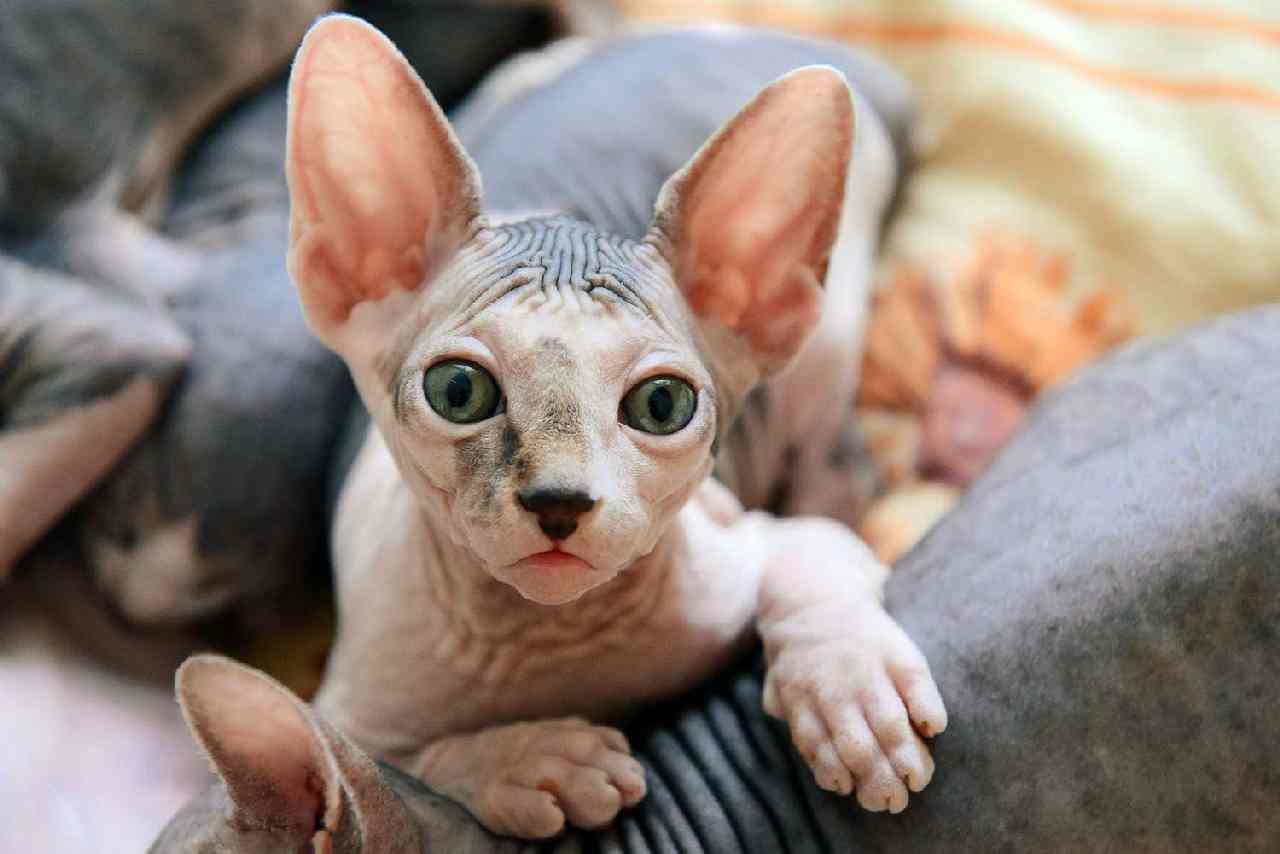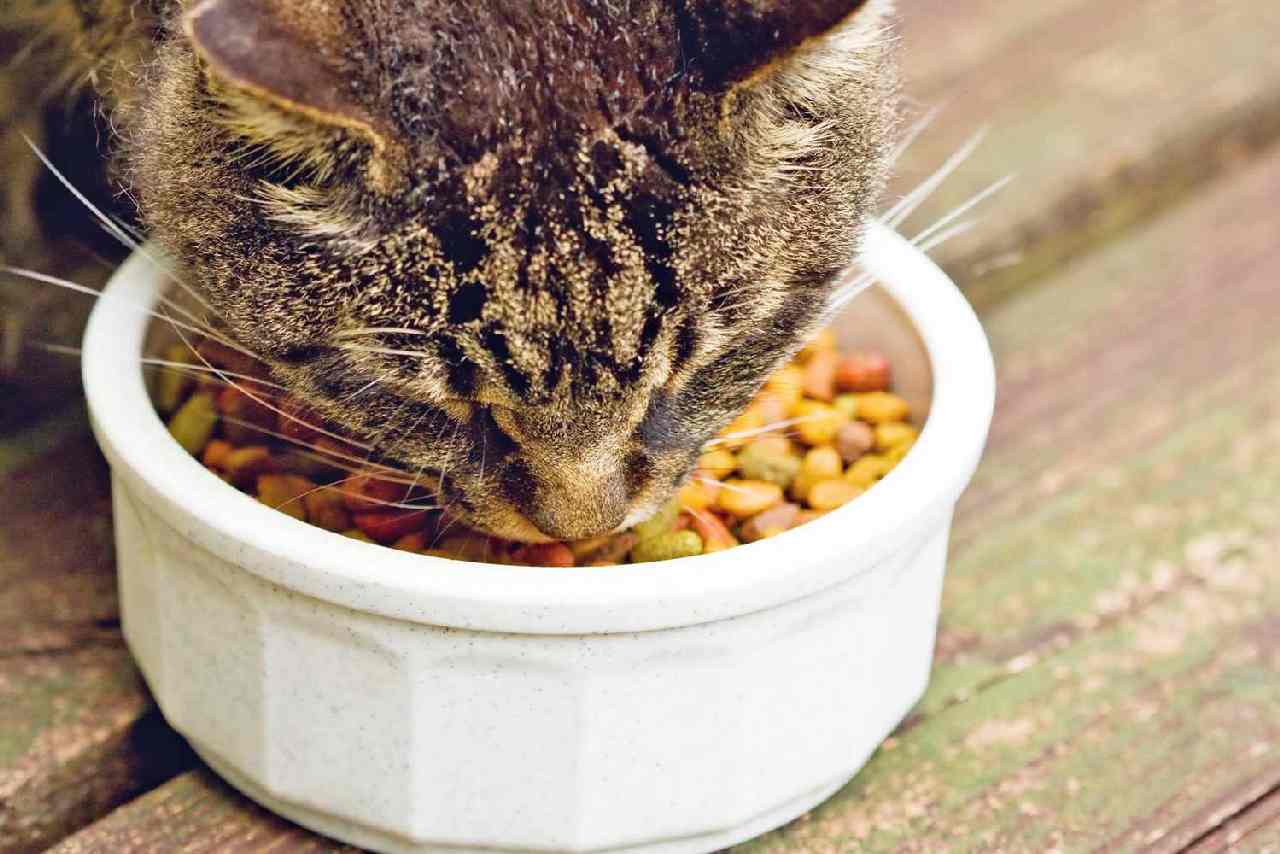We can discover a whole lot from pet cats’ commitment to self-care. From careless sunbeam snoozes to obtaining frisky with catnip playthings, they definitely recognize exactly how to live their ideal lives. So why do pet cats lick themselves?
” Pet cats are meticulous groomers and like to maintain themselves tidy,” claims Tarina L. Anthony, DVM, a long time expert of feline-exclusive medication, and proprietor and clinical supervisor of Aurora Pet cat Healthcare Facility and Resort in Aurora, Colorado. Allow’s take a more detailed look.
Why Do Pet Cats Lick Themselves A Lot?
Roughly 30 percent of a pet cat’s day is invested brushing. While this generally takes place after dishes or prior to going to rest, Anthony claims “regular pet grooming takes place any time of day, and the quantity of time invested with layer treatment differs substantially.”.
Such devoted interest is why pet cats hardly ever require bathrooms. Their sandpaper-like tongue– covered with little barbs or papillae— assists spread out all-natural oils right into the skin and throughout their hair to maintain it looking smooth and get rid of any type of particles that clears up right into the layer. Relying on the type, you likewise require to brush your pet cat to maintain floor coverings and tangles to a minimum. However truthfully, a cat’s multi-purpose tongue typically deals with a lot of that sprucing up, as well.
Licking likewise assists disperse saliva, which some researchers think is vital for automatic body temperature level. Since pet cats just sweat via their paws, saliva vaporizing on their hair supplies a cooling impact.
When Feline Licking Isn’t Typical
So on one paw, pet cats licking themselves a whole lot seems like common operating treatment. On the various other paw, what happens if it’s not? Anthony claims “when the habits takes place much more often or for a longer period than for regular layer treatment,” this is over-grooming.
To comprehend when your pet cat’s habits appears uncommon, Anthony recommends analyzing his body movement.
” Learning more about your pet cat’s ‘regular’ can aid you identify when points are ‘irregular’. Typical pet grooming should not get rid of hair and should not be compulsive,” she claims. “I have actually listened to pet cats grumble when individuals attempt to disrupt the agitated licking of over-grooming. Likewise, a jerk complied with by fast licking or attacking can be irregular.”.
She recommends pet moms and dads to expect “barbering” or “hair mowing,” which is when a pet cat attacks at or takes out hairs in a specific location. If your pet cat is exceedingly licking, it can likewise trigger a shade modification to their hair, generally causing a brownish-tint.
Below are several of the main factors pet cats participate in over-grooming and licking.
Allergic Reactions
Although we typically believe much more concerning individuals disliking pet cats, our feline close friends are susceptible to allergic reactions of their very own. “Pet cats establish hatreds plant pollen, dirt, food, and also human dander,” Anthony claims. “Rather than watery eyes and sneezing, allergic reactions typically show up as over-grooming, occasionally to the factor of harming the surface area layers of the skin.”.
Allergic reactions in Pet cats: Exactly How to Detect, Deal With, and Avoid Them.
Discomfort
Equally as purring is occasionally a self-soothing technique for felines, licking way too much can be too. Hence, pet cats may brush a certain location (and even unassociated locations) if they really feel unpleasant.
” Pet cats are incapable to ‘massage therapy’ locations that are as well excruciating like human beings do, so licking is their means of attending to the underlying discomfort,” Anthony claims. These certain furballs are typically much more calm in their demos of discomfort, as well, so licking way too much may be a signs and symptom of something much more major.
Agonizing problems typically consist of, however aren’t restricted to:.
- Joint Inflammation
- Cystitis (bladder swelling)
- Complete rectal cavities
- Stomach illness
- Injuries
- Injury
Parasitical Infections
While these are much more usual in outside pet cats, also interior felines are vulnerable to the results of opportunistic bloodsuckers, such as fleas and ticks. And although termites are generally species-specific, some that impact canines can likewise contaminate pet cats, causing scabies.
Anthony claims ectoparasites like these, when not effectively protected against and dealt with, trigger serious itching that shows up as licking and even hair-pulling. Skin infections from yeast, ringworm, or germs can likewise cause a scratchy cat.
Typical Skin Disease in Pet Cats and Exactly How to Identify Them.
Dermatitis
” Obese pet cats typically have wet dermatitis from feces or pee obtaining caught in their hair or skin folds up,” Anthony claims. “This can trigger the pet cats to lick and over-groom their paws, stubborn belly, and back due to the fact that they typically can not get to the issue location straight.”.
Feline Hyperaesthesia
Feline hyperaesthesia is a neurological illness defined by overreaction to regular stimulations (such as cleaning and stroking) that can trigger pet cats to come to be extremely delicate. The outcome? Extreme licking or over-grooming. Hyperaesthesia can likewise be one reason that some pet cats lick themselves after you pet them.
Nonetheless, an additional opportunity is a lot less of a worry: They regard your touch as social communication and connection structure, so they lick themselves (and perhaps you!) in feedback. This response is typically pertaining to allogrooming, where pets brush each various other to develop link.
Anxiousness
Pet cats may likewise lick themselves greater than common if they experience stress and anxiety as a result of tension, absence of social communication, transferring to a brand-new residence, or health and wellness concerns, among others. Splitting up stress and anxiety may likewise lead to way too much licking.
Anthony warns pet moms and dads to speak with a vet for a complete health and wellness test. “Stress and anxiety is an often-cited factor for pet cats to fanatically lick or brush themselves, however this is genuinely an unusual problem that’s over-diagnosed,” she claims. “In my experience, many pet cats identified with ‘psychogenic alopecia’ typically have neglected allergic reactions or an additional problem.”.
If there’s factor to think your pet cat has psychogenic alopecia, Anthony includes that it’s dealt with, a minimum of partially, with ecological enrichment. “Ecological enrichment is an extremely crucial point for all pet cats,” she claims. “It can aid soothe stress and anxiety and monotony, which are often-cited reasons for psychogenic alopecia.”.
Arrange time daily for interactive individually time with your fuzzy pal, as playthings, video games, and training may make all the distinction.
Reaching the Source for Feline Licking
With all these feasible adding aspects, it can occasionally be an irritating procedure to obtain an appropriate medical diagnosis– specifically when you’re so worried concerning your cat’s over-grooming. Wellness problems such as allergic reactions, for instance, entail considerable screening and several efforts at efficient administration, typically calling for much more extreme therapies at particular times of the year (for seasonal allergic reactions) or food modifications (for food-related allergic reactions). Anthony urges you to be client.
” Several of the sources of over-grooming are what we call ‘medical diagnoses of dismiss.’ This implies whatever else should be eliminated initially. If your pet cat isn’t boosting, it’s alright to look for a consultation, either with a skin doctor or a feline expert,” she claims. “Therapy might be experimentation sometimes, and medicines and supplements must just be carried out under the instructions of a vet.”.


